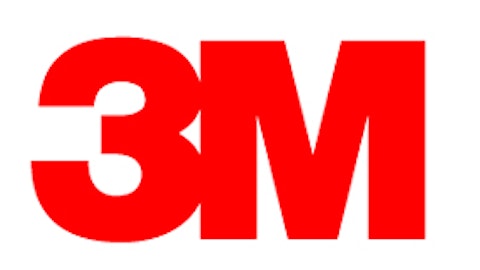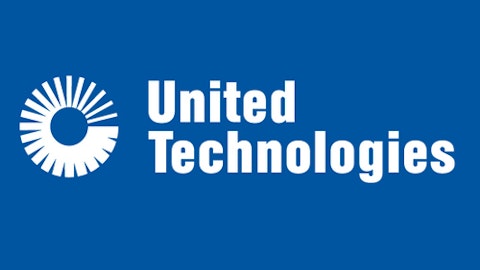Although the deal represents little more than a rounding error on General Electric Company (NYSE:GE)‘s massive balance sheet, the news that the conglomerate would sell its aviation actuation division to TransDigm Group Incorporated (NYSE:TDG) has piqued investors’ interest. General Electric Company (NYSE:GE) has a major stake in the aviation industry, but it appears that its management team found this particular division to be redundant or unnecessary. For TransDigm Group Incorporated (NYSE:TDG), it represents a solid pickup that could translate into revenue growth, stock-price appreciation and improved synergies.
Given the small size of this deal and the fact that it does not involve the creation of a standalone company, most market-watchers expect it to close within the next few months. Investors should operate under this assumption as well and prepare themselves to take advantage of an altered aviation landscape. First, a look at some of the industry’s key players is in order.
GE, TransDigm and Honeywell
As a diversified industrial conglomerate with footholds in dozens of global industries, General Electric Company (NYSE:GE) has more competitors than it can name. Aside from TransDigm Group Incorporated (NYSE:TDG), the company also competes with Honeywell International Inc. (NYSE:HON) in a number of key areas. Although many consumers probably know about Honeywell International Inc. (NYSE:HON) through its line of household appliances, the company is also heavily invested in the aviation business.
It should not come as a surprise that General Electric Company (NYSE:GE) is the largest of these three companies. It has a market capitalization of nearly $240 billion and saw gross 2012 revenues of around $145 billion. By comparison, Honeywell International Inc. (NYSE:HON) has a market cap of about $61 billion and 2012 revenues of just under $38 billion. TransDigm Group Incorporated (NYSE:TDG) is far behind with an $8.2 billion market cap and a $1.8 take in 2012. However, TransDigm is the most profitable of the three firms: Its 2012 profit margin of 17.6 percent is roughly double that of Honeywell International Inc. (NYSE:HON) and nearly 80 percent higher than that of GE.
Unfortunately, TransDigm’s profitability makes it an expensive stock to own. Its price-to-book ratio of nearly 12 is almost 300 percent higher than that of Honeywell International Inc. (NYSE:HON) and a whopping 600 percent higher than that of General Electric Company (NYSE:GE). The company also has about $5 in debt for every $1 in cash on its books. GE has a slightly lower ratio, and Honeywell’s debt pile is roughly the same size as its cash hoard.
How the Deal Is Structured
This deal is valued at roughly $150 million. While this represents a drop in the bucket for General Electric Company (NYSE:GE), it stands as a significant acquisition for TransDigm. It appears that TransDigm Group Incorporated (NYSE:TDG) will finance the deal with cash-on-hand and subsume the division into a new subsidiary that will operate out of New Jersey.
What the New Division Will Look Like
According to reports, the aviation actuation division will be branded as Whippany Actuation Systems and allowed to operate on a semi-autonomous basis from TransDigm Group Incorporated (NYSE:TDG)’s New Jersey office. During the first full year of operation, it is expected to claim revenues of about $80 million. The business will be fairly well diversified: Currently, the division earns about half of its revenues from commercial contract sales and half of its revenues from aftermarket sales.
Whippany Actuation Systems will make a variety of components for aircraft engines and other major aviation systems, including motors, actuators, mechanical transmitters, control subsystems and others. These are designed for use in several models of regional jets, Airbus-manufactured long-haul jets, and several different types of military aircraft and vehicles.





